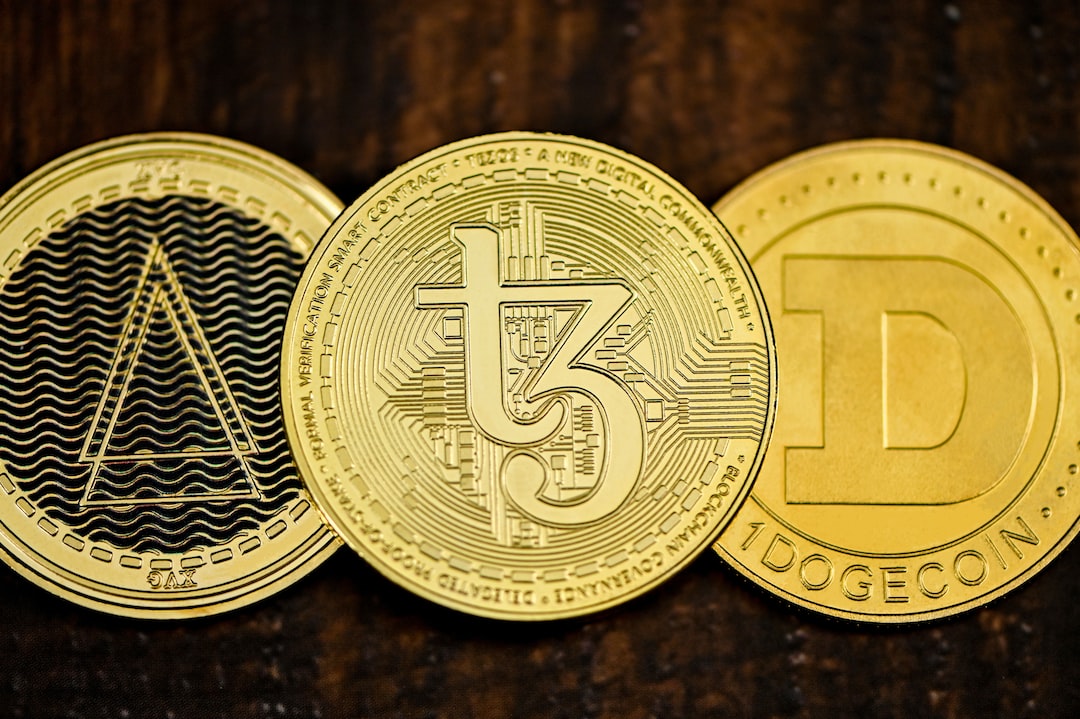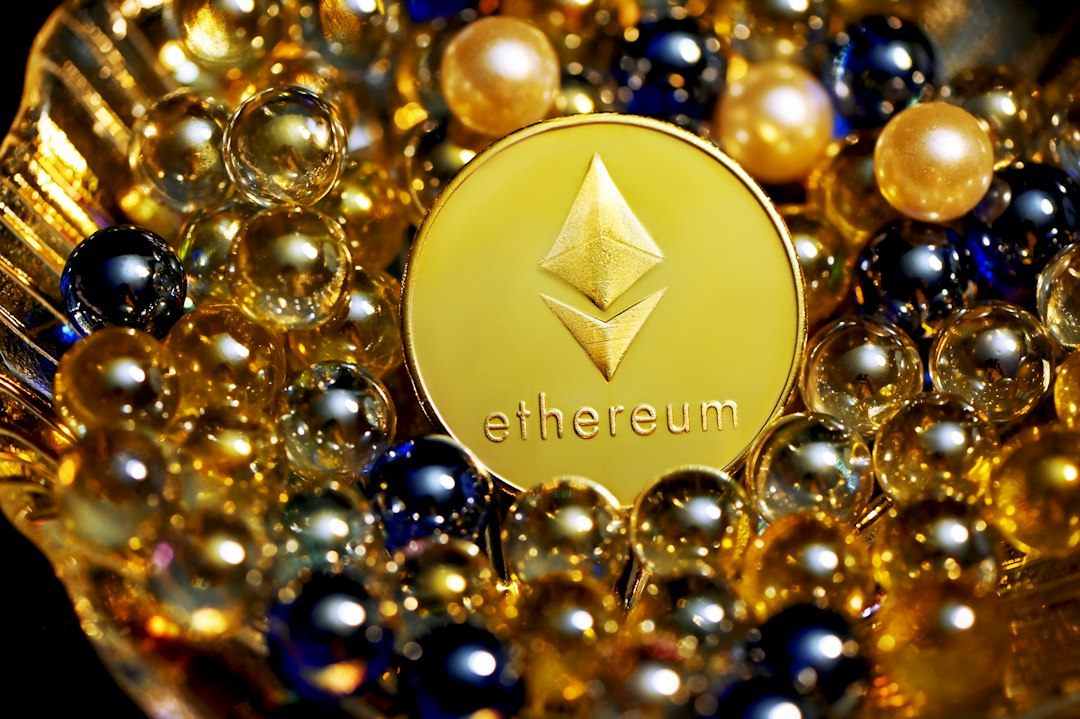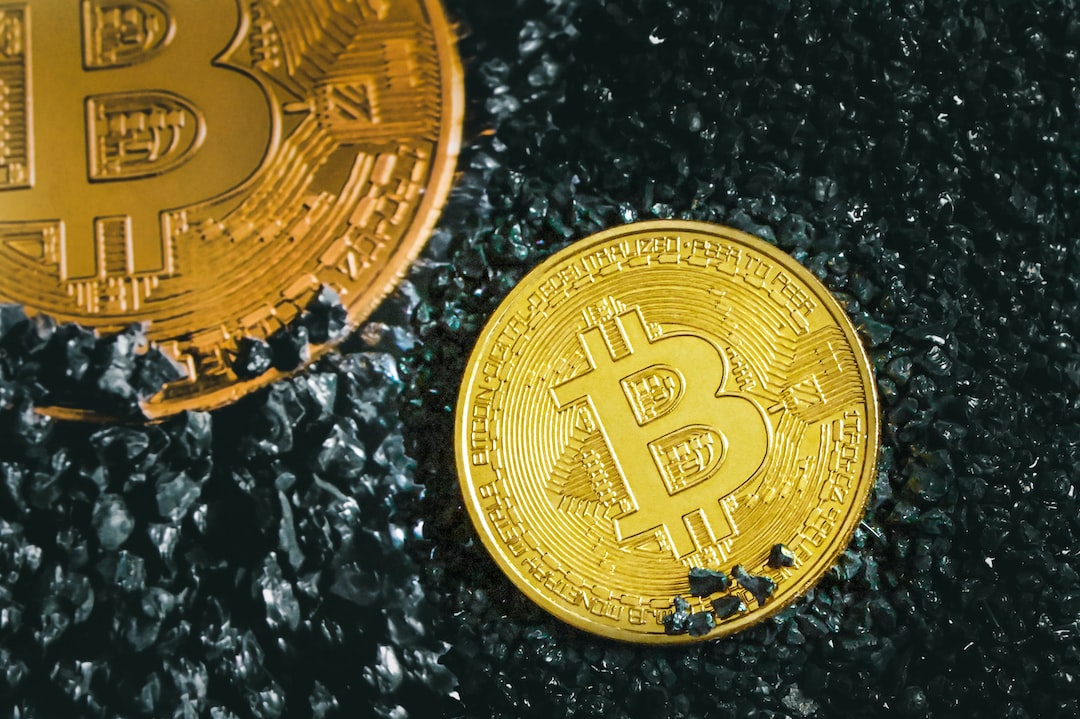Key Points:
- The NFL Players Association terminated its deal with Panini S.p.A and gave exclusive rights to Fanatics for trading cards.
- The impact of this decision on Panini’s pro-football-themed NFTs is unclear.
- The first sale doctrine protects the owner of a legal copy of a copyrighted work, allowing them to sell or dispose of it without permission.
- The trading card industry has a complex history of legal disputes over intellectual property and licensing.
- The legality of NFTs and the first sale doctrine in the digital world is still evolving.
NFTs and the First Sale Doctrine in the Digital World
The first sale doctrine, which allows the owner of a legal copy of a copyrighted work to sell or dispose of it without permission, would likely protect Panini’s pro-football-themed NFTs from vanishing. However, the legal landscape surrounding NFTs is still developing.
In a paper published in the Wake Forest University Journal of Business & Intellectual Property Law, legal scholar Joshua Durham argues that the law hasn’t caught up with the evolving NFT landscape. He suggests that NFT creators could potentially invalidate secondary sales of their NFTs, leaving buyers with nothing.
Will Anything Actually Happen?
Given the history of the sports card market and its lax approach to copyright law, it is unlikely that significant legal action will occur. Panini may continue its operations, and any potential damages claimed by Fanatics would depend on the success of the business. The future of NFTs in the trading card industry remains uncertain, but it is possible that a settlement could be reached between the parties involved.
Hot Take:
The legal battle between Panini and Fanatics raises questions about the future of NFTs in the trading card industry. While the first sale doctrine may protect the existing NFTs, the evolving nature of NFTs and the lack of a clear legal framework could create challenges. Ultimately, it is uncertain how this conflict will impact the world of digital collectibles.





 By
By
 By
By
 By
By
 By
By

 By
By